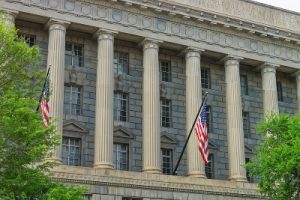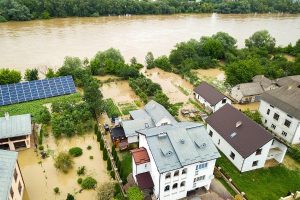
October was first named Cybersecurity Awareness Month in 2004 through a joint effort of the National Cybersecurity Alliance and the U.S. Department of Homeland Security. In the following two decades, the campaign has evolved into a valuable way to spotlight the role everyday citizens have in the effort to "Secure Our World."
The campaign's consumer outreach focuses on the top four ways to stay safe online:
- Use strong passwords and a password manager
- Turn on multifactor authentication
- Recognize and report phishing
- Update software
While these practices are commonplace in government agencies, security teams are constantly evolving how they implement and manage cyber efforts including in the areas of identity management, phishing, and software updates. Continue reading








